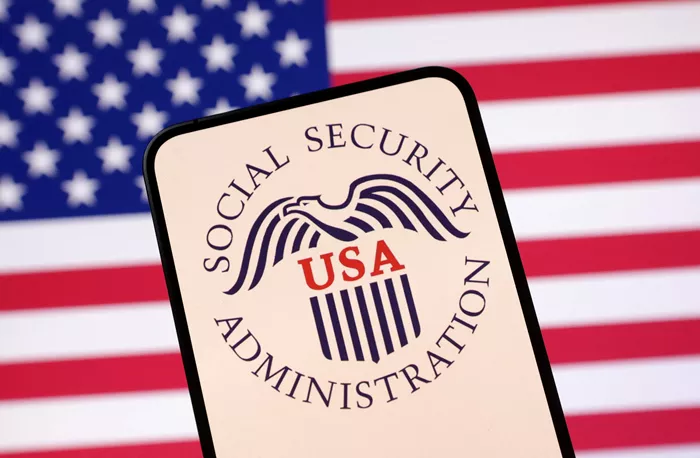A federal judge in Rhode Island showed skepticism on Wednesday about President Donald Trump’s attempt to require 20 Democratic-led states to cooperate with immigration enforcement to receive billions in transportation grants.
Chief U.S. District Judge John McConnell questioned the legal authority of Transportation Secretary Sean Duffy to impose immigration-related conditions on federal highway funding, which traditionally supports infrastructure projects like roads and bridges.
“Where does the secretary get the power and authority to impose immigration conditions on transportation?” McConnell asked during a hearing in Providence. He also raised concerns that if such authority exists, it could extend to other unrelated issues, such as restricting funds in states where abortion is legal.
Acting U.S. Attorney Sara Bloom defended the policy, saying Duffy believed cooperation on immigration was relevant to transportation safety and security.
However, California Deputy Attorney General Delbert Tran argued that Duffy had no legal right to attach immigration enforcement conditions to congressionally authorized funds meant for infrastructure improvements.
Tran described the administration’s move as holding “tens of billions of dollars of critical transportation funding hostage” to force states to act as extensions of federal immigration enforcement.
The judge said he would issue a ruling by Friday, just before states must apply for certain Department of Transportation grants that require agreeing to the immigration cooperation condition.
Since January, the Trump administration has sought to cut funding to sanctuary jurisdictions that limit cooperation with federal immigration authorities. The Justice Department has filed lawsuits against states like Illinois, New York, and Colorado over sanctuary policies.
The current case, State of California v. U.S. Department of Transportation, challenges the administration’s April 24 directive threatening to withhold transportation funding from states that do not comply with immigration enforcement.
The states argue the policy is vague and unconstitutional, as it imposes unclear conditions on their ability to receive federally authorized funding.
Judge McConnell noted the administration’s directive was broad and not clearly tied to statutory authority, fueling states’ concerns given the political context of Trump’s strong stance against sanctuary cities.
Read more:


